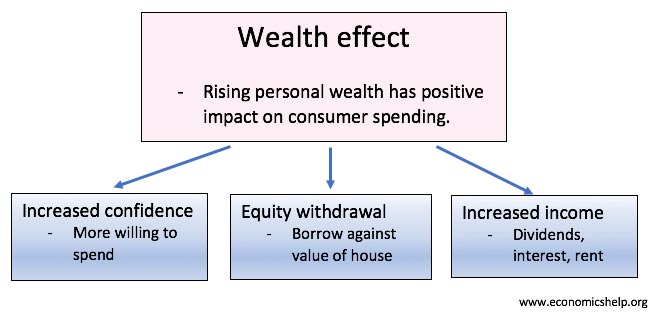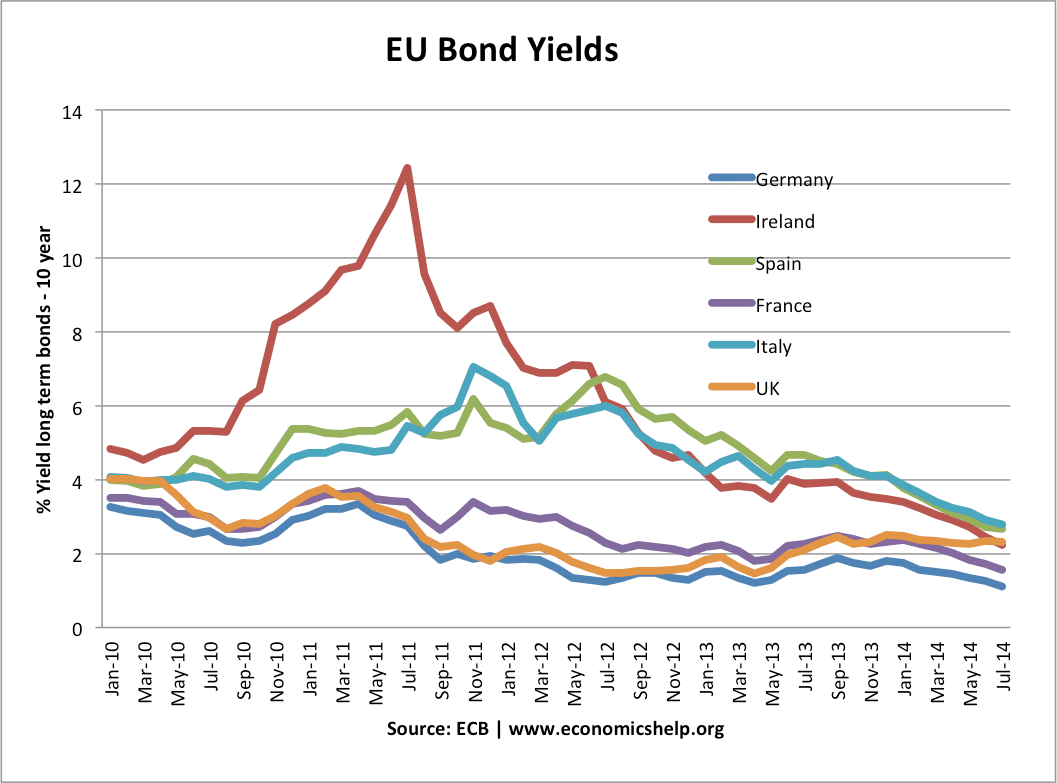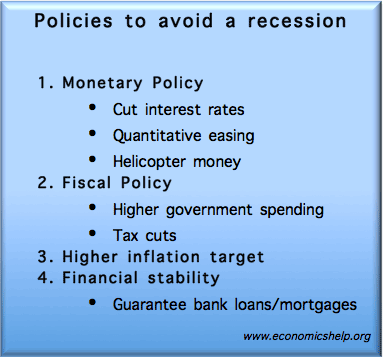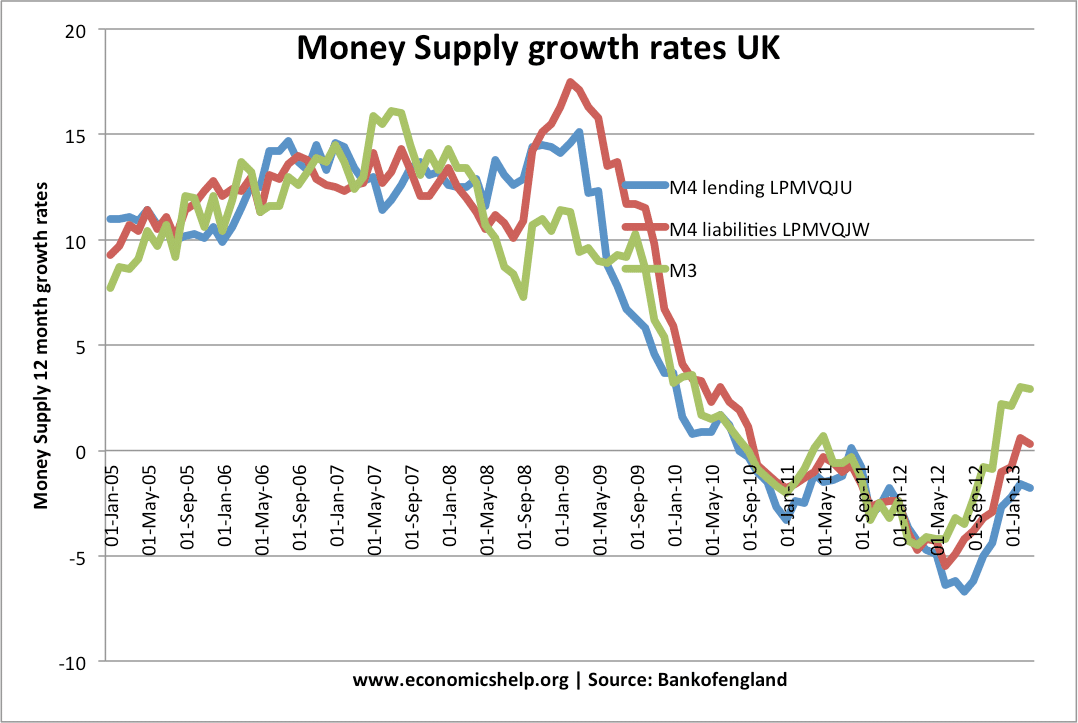The wealth effect
The wealth effect examines how a change in personal wealth influences consumer spending and economic growth. Rising wealth has a positive impact on consumer spending. Wealth is a stock concept. At a particular time, your wealth is fixed. Wealth is comprised of savings, bonds, property and assets. A major form of wealth in the UK …




